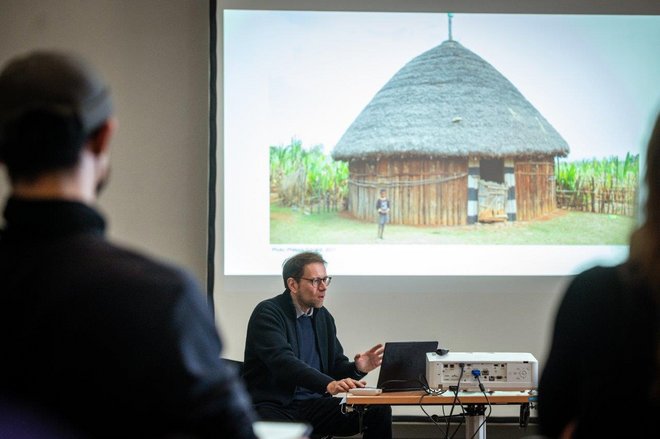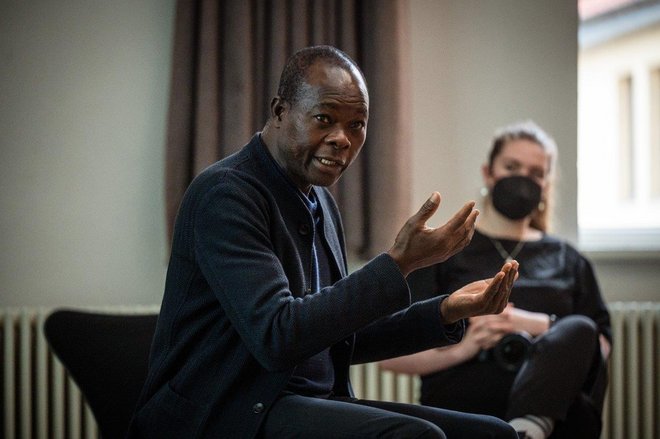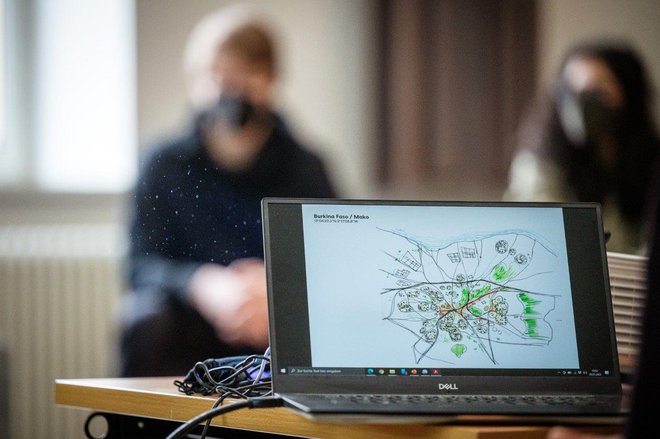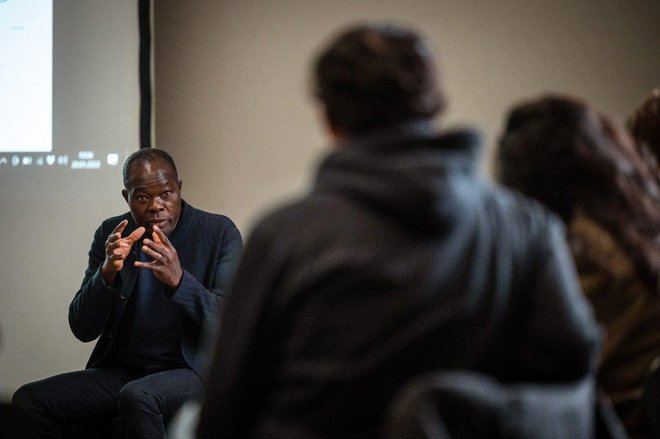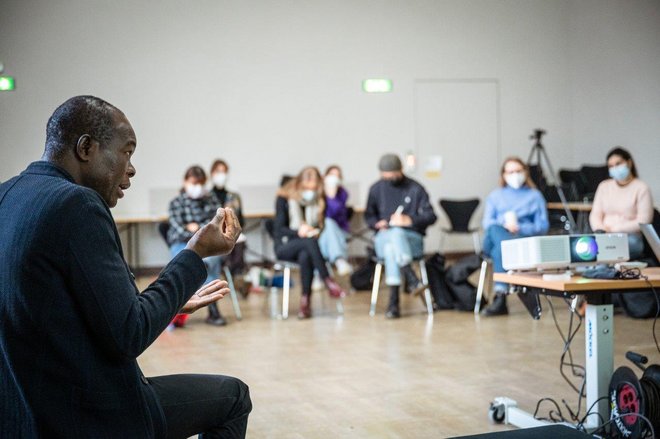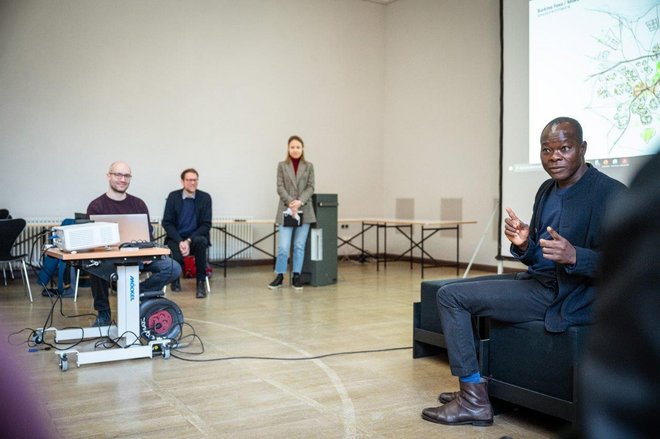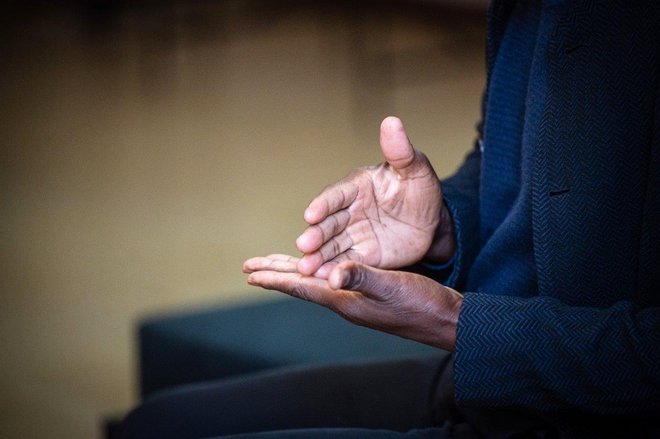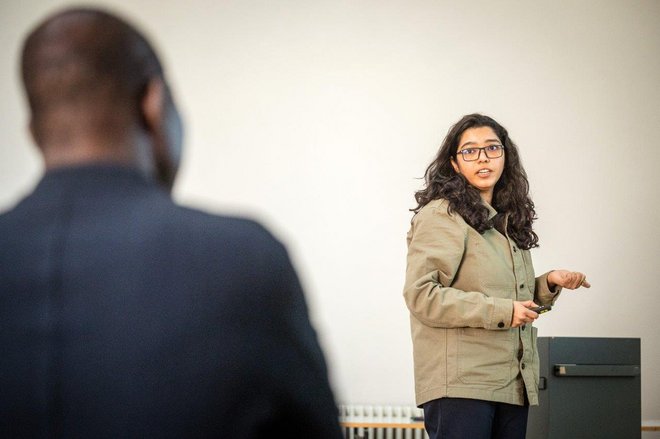Project results, events, excursions
The aim of the interdisciplinary approach in the study programme is to provide students with a holistic view of integrated approaches to urban development and to apply appropriate methods. This is implemented in a "Study Project" in the second semester, which is interdisciplinary in nature and where students practice their acquired skills on current topics with the guidance of professors. The study project focuses on a specific problem solution and combines scientific analysis methods with design and creative skills. The students' teamwork skills are promoted through collaboration in international teams. This page shows projects results, as well as excursions and events that took place within the scope of the Study Project. Furthermore, other events and smaller workshops are listed here.

Emerging City Lab: Learning from Burkina Faso
Under the title “Emerging City Lab: Learning from Burkina Faso”, we held a workshop with Francis Keré on 20.01.2022, who came to Weimar that semester as “Bauhaus Guest Professor”
Under the title “Emerging City Lab: Learning from Burkina Faso”, we held a workshop with Francis Keré on 20.01.2022, who came to Weimar that semester as “Bauhaus Guest Professor” (Bauhaus-Universität Weimar: Bauhaus Guest Professorship)
In the workshop, 16 students from the master's program Integrated Urban Development and Design (IUDD) explored settlement structures in Burkina Faso and the question of possible future scenarios for life in the West African country. In preparation for the workshop, the students looked at 16 very different forms of settlement in rural areas of Burkina Faso. The focus was on the observation and analysis of the spatial organisation of living spaces and their natural environment.
In the workshop, the students presented their spatial studies on their selected locations one after the other. Francis Kéré then put his expert knowledge of the ways of life in the villages of his home country Burkina Faso into context and discussed with the students the typical spatial characteristics of the places presented.
Francis Kéré focused in particular on the specific socio-cultural and social characteristics. In particular, the students benefited from the rich professional experience of the Bauhaus guest professor Francis Kéré on contextual building in dealing with natural materials, which he contributed from his diverse projects. Not least due to the use of local building materials and sustainable construction methods, Francis Kéré was finally honored with the Pritzker Prize 2022 for Architecture on 15.03.2022, probably the most important award for architects.
The workshop also included an interlude about the experiences from the Emerging City Lab (ECL) operated by the Bauhaus University with Addis Ababa University in Ethiopia: In two presentations on current research projects, Sven Schneider, deputy professor at the Chair of Computer Science in Architecture, presented AI-based participatory planning tools for building in sub-Saharan Africa, while Philippe Schmidt, research associate at the Chair and academic coordinator of the master for Integrated Urban Development and Design at bauhaus.ifex, presented projects with solutions for sustainable, resource-integrated urban development.
After the presentations, Kéré called on the students to continue with the two approaches presented in order to break new and truly progressive ground in their future careers. Kéré emphasized how important these approaches are in order to further develop and shape solutions for the global problems of our time. After the intensive exchange, Francis Kéré encouraged the students in his conclusion to commit themselves as future planners and urban planners in the sense of a participatory building culture, especially in dealing with local traditions and natural resources.

